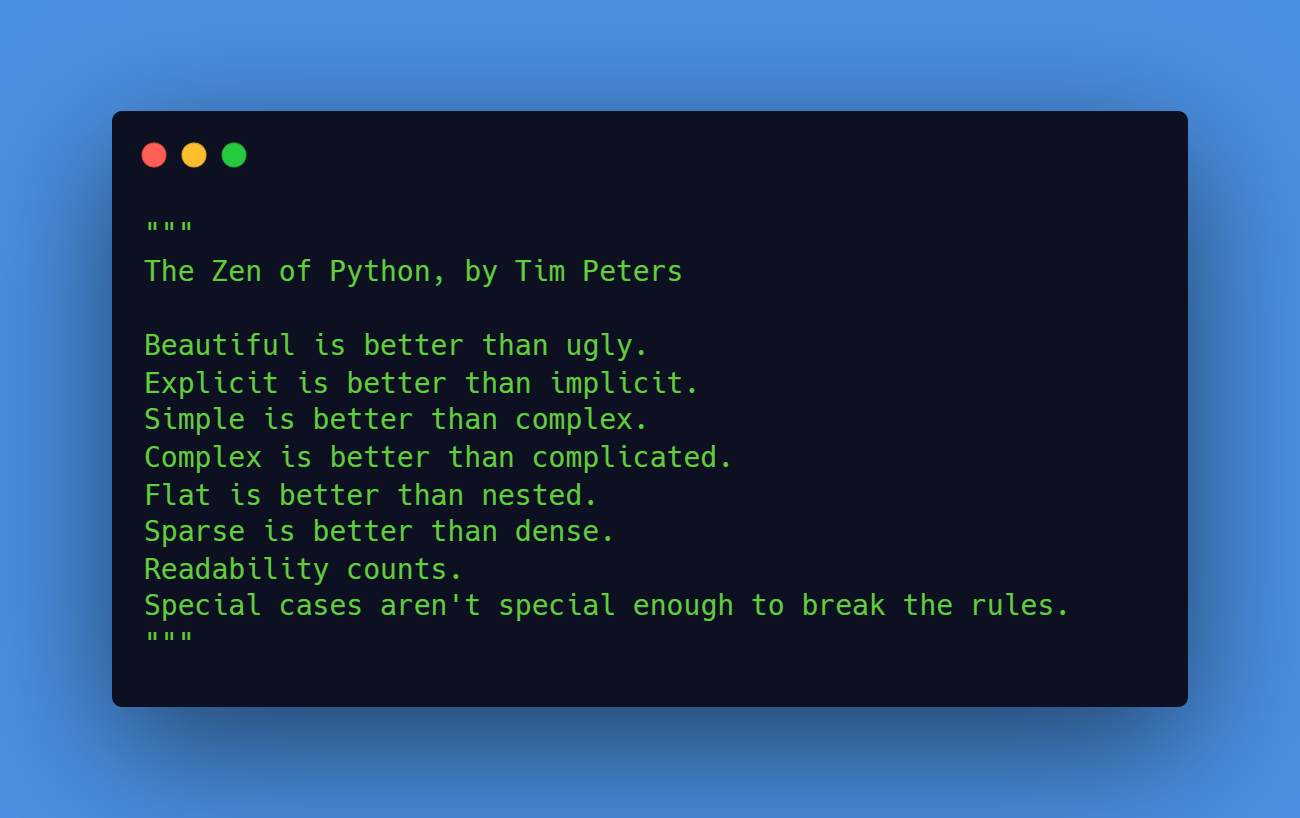Alphanumeric refers to a combination of letters and numbers. In Python, there are several ways to check if a string is alphanumeric.
In this article, we will explore two methods: using the built-in isalnum function and using regular expressions (regex).
The isalnum Function
The isalnum function is a built-in Python method that checks if a string is alphanumeric. It returns True if the string is alphanumeric and False if it is not. Here is an example of how to use isalnum:
string = "abc123"
print(string.isalnum()) # prints True
string = "abc 123"
print(string.isalnum()) # prints False
Code language: PHP (php)The isalnum function is useful because it is fast and easy to use. Also, it will properly detect alphanumeric characters even in non-English languages.
# Spanish
string = "árbol123"
print(string.isalnum()) # prints True
# Chinese
string = "你好123"
print(string.isalnum()) # prints True
# Japanese
string = "こんにちは123"
print(string.isalnum()) # prints True
# Russian
string = "Привет123"
print(string.isalnum()) # prints TrueCode language: PHP (php)Regular Expressions (Regex)
Regular expressions (regex) is a powerful tool for matching patterns in strings. It can be used to check if a string is alphanumeric by matching the pattern \w. The \w pattern will match any alphanumeric character (including Unicode characters) and the underscore _.
In order to replicate the functionality of isalnum, we can use the following regex pattern:
^[^\W_]+$
Here, we use a negated character set to make sure we will not match any underscores or non-word characters.
\W matches everything that \w does not match, so by negating it the regex will match everything that \w would match excluding underscores.
Here is an example of how to use regex to check if a string is alphanumeric:
import re
string = "abc123"
print(re.match(r"^[^\W_]+$", string)) # prints <re.Match object; span=(0, 6), match='abc123'>
string = "abc 123"
print(re.match(r"^[^\W_]+$", string)) # prints None
Code language: PHP (php)The re.match function returns a Match object if the pattern is found in the string. If the pattern is not found, it returns None.
Using regex is more flexible than using isalnum, but it can also be more complex. If you are new to regex, it may take some time to learn and become proficient. There are many resources available online to help you learn regex, including the official Python documentation (https://docs.python.org/3/library/re.html) and the RegexOne tutorial (https://regexone.com/).
Conclusion
In this article, we have explored two methods for checking if a string is alphanumeric in Python: using the built-in isalnum function and using regular expressions (regex). Both methods have their advantages and limitations, and the best choice for your specific needs will depend on your requirements.

Leave a Reply